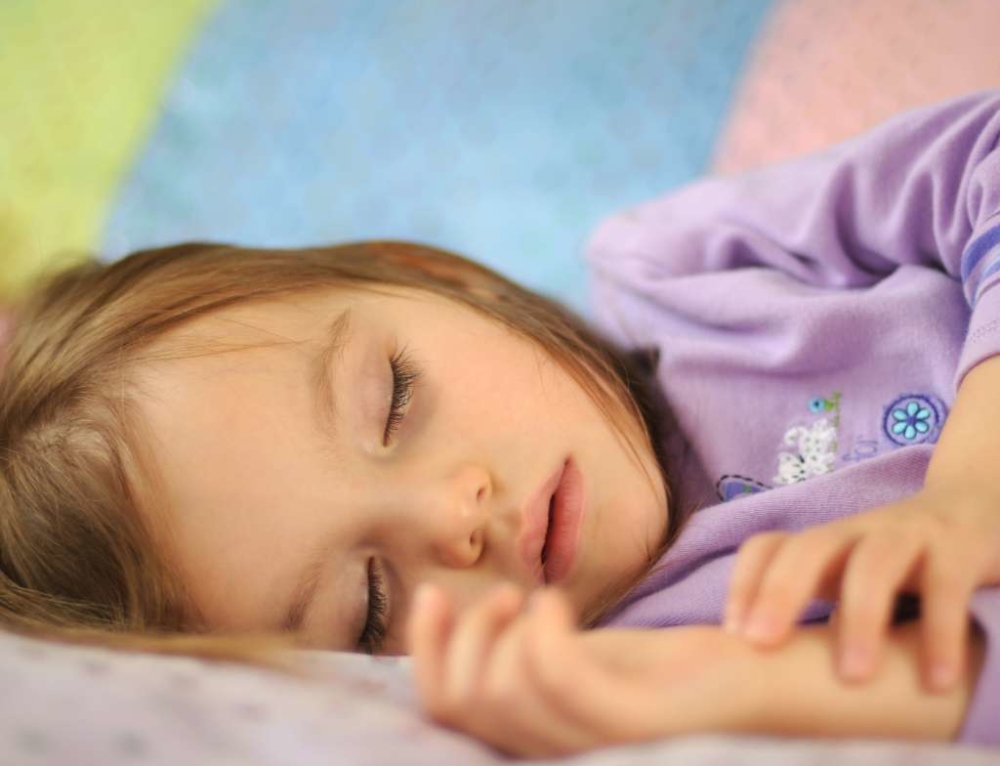Housework … the mere mention of it has me slumping into a teen-like state of unmotivated angst! But, it has to be done, right? Only, maybe I’m not the best candidate.
Science says it’s bad for us
Scientists at the University of Bergen in Norway have carried out a study into the effects of cleaning on the respiratory health of men and women. They study involved over 6,200 participants and measured lung capacity over a 20 year period.
Participants in the study were questioned about their cleaning habits and the scientists found a correlation between women who cleaned at home (or in their job) and a decline in respiratory health. However, there was no such correlation for men.
“Women cleaning at home or working as occupational cleaners had accelerated decline in lung function, suggesting that exposures related to cleaning activities may constitute a risk to long-term respiratory health.” Cleaning at home and at work in relation to lung function decline and airway obstruction – University of Bergen.
For women who cleaned (at least once a week), there was an accelerated decline in lung capacity – similar to the damage caused by smoking a pack of 20 cigarettes a day for between 10-20 years! There was no observed accelerated decline for men, or for women who did not clean. Mens’ lungs are considered to be more resistant to damage from irritants.
Effect on lungs
Professor Cecilie Svanes, at the University of Bergen’s Department of Clinical Science, says that the findings might not be surprising, particularly when we consider the small particles that emanate from many cleaning products, especially cleaning sprays. “The small particles can travel deep into the lungs and cause infections, and ageing of the lungs,” Svanes explains. Professor Svanes recommends a bucket of water and soap for cleaning, and/or a microfibre cloth.
Other things you can do to mitigate the effects are:
- Ensure the area you are cleaning is well ventilated
- Opt for solid or liquid cleaning products rather than sprays
- Consider wearing a face mask while cleaning if you are asthmatic or have a respiratory illness
Remember that, although this study does show an accelerated decline in respiratory health, the differences are still small and many other factors need to be taken into consideration including participants’ lifestyle and general health. Research into the long-term effects of chemical cleaners is still ongoing and we certainly do not have a clear indication yet of those effects.
Time to trade the traditional roles?
The study’s findings lead me to three questions:
- Who are these women who never clean?!
- How do I become one of those women who never clean?
- Can I convince my husband that doing the dishes, washing, vacuuming and cooking are also bad for me?
This article was written by Julie Scanlon, Editor for Kidspot NZ. Sources include University of Bergen.
- DIY planet friendly and cheap cleaning products
- How to clean toys
- 20 old fashioned cleaning tips
- Top tips for combating hayfever
- 21 simple hacks to clean your house







Leave A Comment
You must be logged in to post a comment.